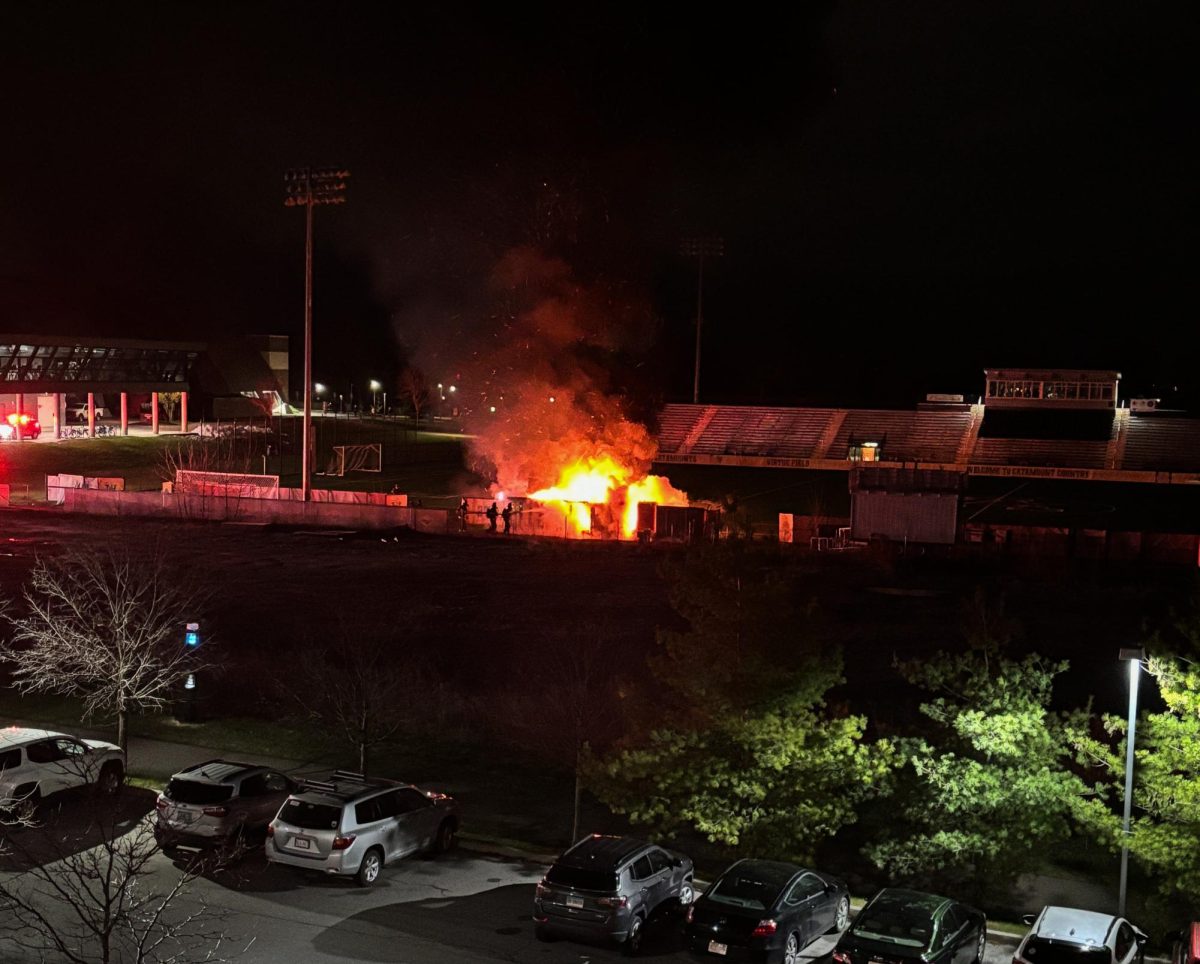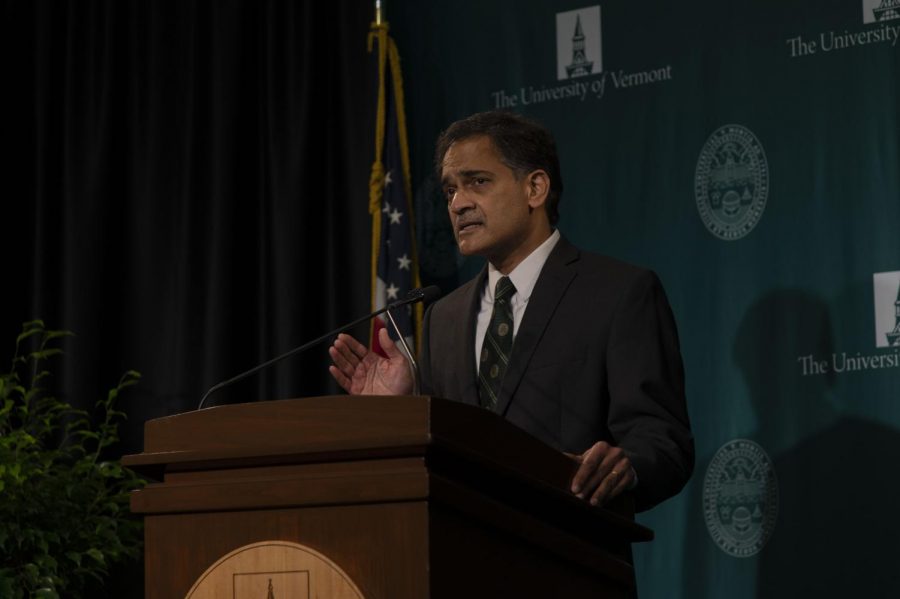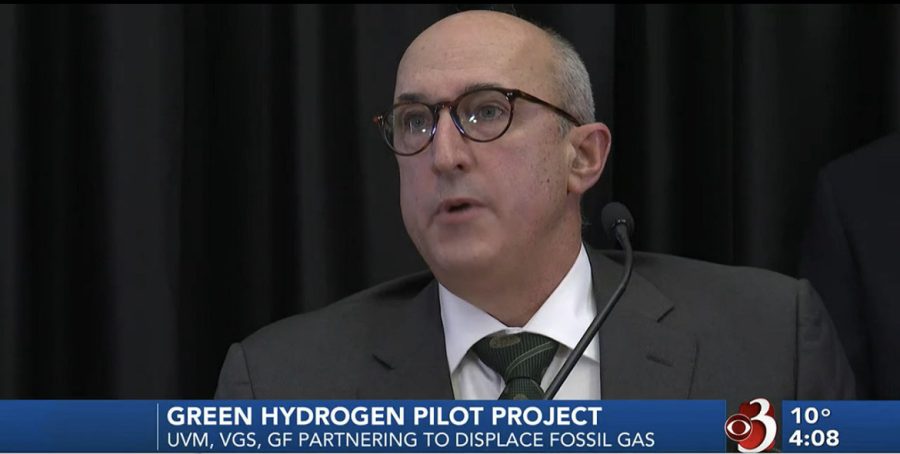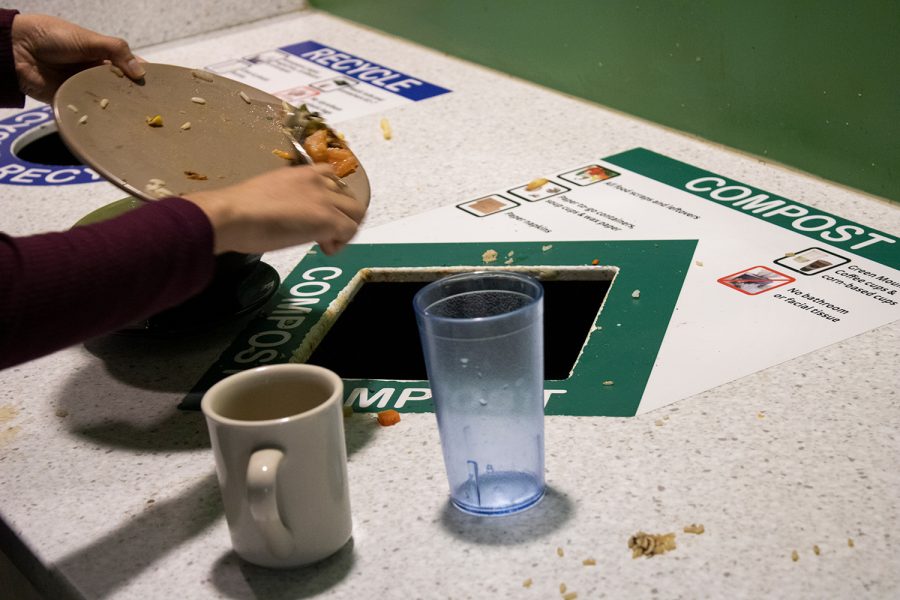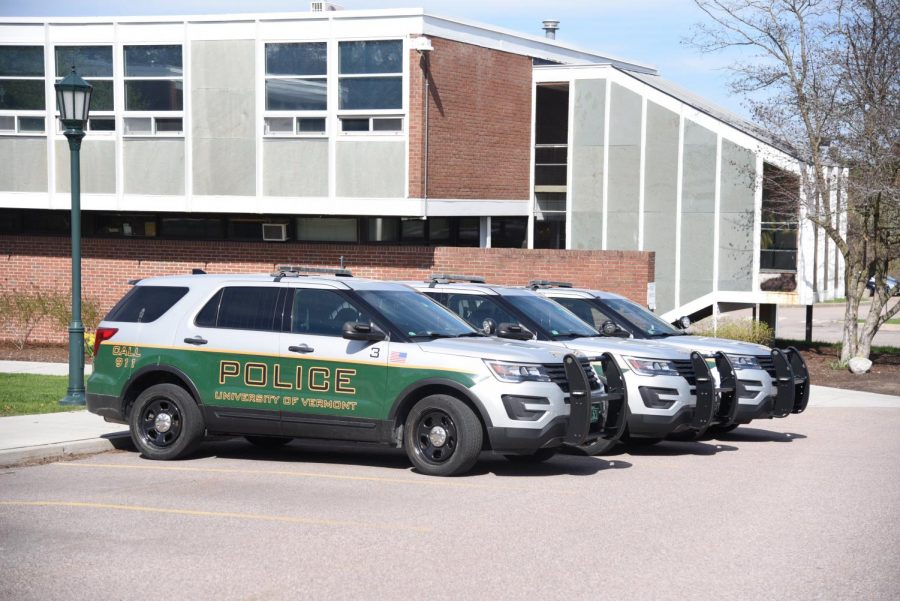Vermont is debating becoming the fifth state in the U.S. to legalize the recreational use of marijuana.
Vermont would be the first state in the union to legalize through legislation – all other states have used a popular vote.
The proposed bill, S-241, is currently before the State Senate committee on economic development, housing and government affairs, according to the Vermont legislature’s web- site.
The bill is expected to go through the full Senate by the end of the month, then move to the House, where it is expected to meet more opposition, said Bill Lofy, a member of the Vermont Cannabis Collaborative and former chief of staff to Gov. Peter Shumlin.
The Vermont Cannabis Collaborative projected in a 2015 report that 4,000 new jobs relating to cultivation, technology and retail would be created in if recreational marijuana use were legalized in the state.
The report also stated Vermont could generate between $20 million and $70 million a year in tax revenue from legalized marijuana.
Vermont could also see a rise in tourism, around a 10 percent increase, according to the report.
“We need to find our next Heady Topper,” Lofy said before the Senate committee on economic development, housing and general affairs Feb. 3.
Vermonters consumed between 15 and 25 metric tons of marijuana in 2014, according to a 2015 report from the RAND Corporation.
Former Sen. Hinda Miller said a regulated cannabis market could create jobs and help communities in Vermont.
Not all Vermonters are in support of marijuana legalization. One coalition, Smart Approaches to Marijuana in Vermont, is working to illuminate the potential harms of legalization in the state.
SAM-VT is concerned about potential effects on youth, mental illness, addiction, highway safety and workplace safety.
Marijuana stays in the system for a long time and affects several key functions such as vision and reaction times, according to the coalition’s website.
“None of the research, nor any of the information from Colorado indicates this is the right thing to do,” the website stated.
Dave Malloy from Bellavance Trucking Company expressed similar concerns before the committee.
Malloy emphasized that there is currently no accurate test to determine impairment levels due to the use of cannabis.
He called upon the commit- tee to “drill down on liability” to ensure workplace safety and suggested the legislature hold off on legalization until an accurate test is developed.
A test comparable to Malloy’s suggestion is already in the works at Washington State University.
A university team is working to develop a roadside test for marijuana use, similar to that used to detect blood alcohol content, according to the News Tribune in Tacoma, Washington.
Senior Hannah Slitzky said she is excited for what legalization might mean for Vermont.
“If it passes, I don’t think it will change UVM’s drug and alcohol policy, but it will eliminate the black market and restrict access to youth and students,” Slitzky said.
Slitzky said that legalizing cannabis could affect safety on campus.
“This would make UVM a safer place, since [cannabis] would be regulated like alcohol,” she said.









